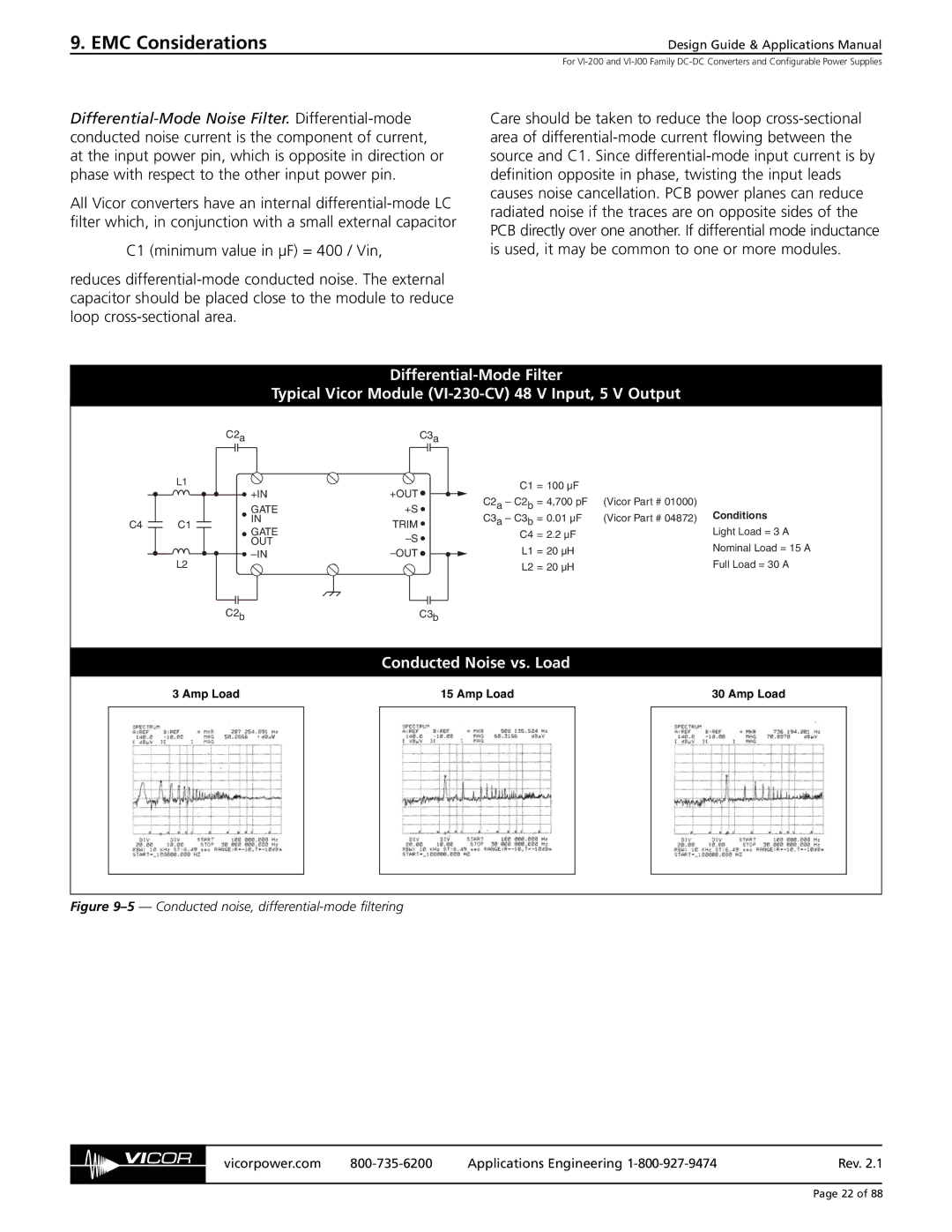VI-J00, VI-200 specifications
EMC VI-J00 and VI-200 are advanced storage solutions designed to meet the diverse needs of modern enterprises. As part of the EMC product line, these models offer features intended to enhance data management, security, and scalability, making them suitable for various applications, from small businesses to large-scale data centers.The EMC VI-J00 is renowned for its compact design and energy efficiency. It is particularly well-suited for edge computing applications, where space is limited and power consumption is a critical concern. This model leverages cutting-edge data reduction technologies such as deduplication and compression, allowing organizations to maximize storage efficiency while minimizing costs. The VI-J00 also supports multiple access protocols including NAS and block, enabling seamless integration into existing IT environments.
In contrast, the EMC VI-200 offers a more robust and scalable solution for larger enterprises requiring extensive data throughput and storage capacity. It features high-performance storage capabilities with support for NVMe technology, which significantly enhances data access speeds. The VI-200 is built with a modular architecture, allowing organizations to scale their systems as needed, adding capacity or performance without disrupting ongoing operations.
Both models incorporate advanced data protection technologies, including snapshot capabilities and remote replication, ensuring that data is secure and recoverable in the event of a failure. Additionally, they support advanced analytics and management tools that provide real-time insights into storage performance and utilization, leading to improved resource allocation.
Interoperability is another key characteristic of both the VI-J00 and VI-200. These systems are designed to work seamlessly with a wide range of applications and platforms, providing flexibility and choice for IT administrators. Their compatibility with various virtualization platforms further enhances their appeal, allowing businesses to create dynamic, efficient storage environments.
In summary, EMC VI-J00 and VI-200 are powerful storage solutions tailored to meet the demands of today's data-centric organizations. With features focused on efficiency, scalability, and data protection, they stand out as reliable options for businesses looking to optimize their data storage strategies while leveraging the latest technologies.

